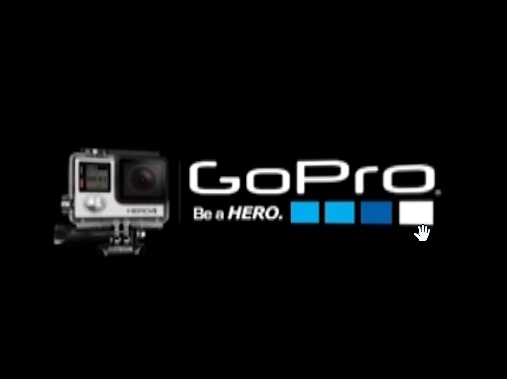Google and Facebook have been working their ways to come up with a more sophisticated virtual reality (VR) camera that would change how people use computers in the future. With the rising demand in core games and 3D films, which was predicted to fetch about $150 billion by 2020, more tech companies are trying to build their own space in the booming industry.
Google has recently unveiled at the developers conference its disc-shaped gadget Odyssey made of multiple cameras (camera rigs) that could film in 360 degrees. It measures nearly a foot in diameter and fits 16 GoPro cameras.
With Odyssey, Google and GoPro believed that demand would be greater than the supply. However, deliveries of the Odyssey had been slower than expected. Supposed to be released in November, the first batch of the VR device was only distributed last week, according to Bloomberg.
On May 19, Thursday, Google revealed that it is adding two new camera manufacturers to help the company in producing advanced VR technologies. IMAX promised to come up with a cinema-grade VR rig, while Yi Technology would also collaborate with Google for its self-designed rig patterned from Odyssey.
Jaunt, one of the pioneers in the VR industry has made its latest VR camera, the Jaunt One. Lytro also launched its own Immerge cameras at only limited quantities. These two companies are no longer selling their VR products but are now renting them to possible clients.
As branded VR companies were proceeding slowly, amateurs were also trying to deliver cheaper, cruder virtual reality cameras. Nokia has also entered the industry with its Ozo camera that costs $60,000. The cheapest and simplest VR device is priced below $1,000 and as expected the quality is far lower than the branded ones.
Although the market for VR technologies is very promising, only less people are willing to shell out tens of thousands of dollars to try a new type of product like VR cameras. Facebook, one of Google's top competitors announced in April that it is planning to make more 360 degree cameras.
Facebook will be coming up with its own camera rig that will hold 17 cameras. Along with that, the social networking site also claimed that it is making a processing software and the instructions could be downloaded for free. However, to make the VR device, the price could fetch almost to $30,000.
In other news, it was revealed that the augmented reality/ virtual reality (AR/VR) industry could reach $150 billion revenue by 2020. AR was expected to take the lead with a share of $120 billion, while VR at $30 billion, Digi Capital reported.
AR is good for games, but not as much as VR does. A user could wear it anywhere while doing almost anything. VR on the other hand is perfect for 3D films and games, but only limited for a seated, office or living room experience.
Check out how Google's Odyssey work:



























